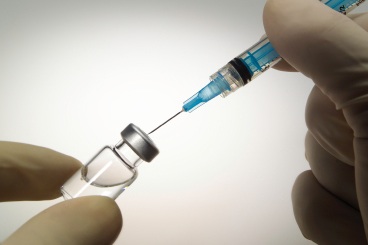
As a baby, Amit was a fast learner. At barely eleven months he could reel off the names of...

The most likely reason for milk drying up is the inhibition of the ejection reflex (the mechanism by which...

My friend’s four-year-old daughter, Tania, loves the daycare centre she goes to. She enjoys the home environment, the laidback...

People’s attitude to the world of the disabled is changing rapidly. This is perhaps due to a greater understanding...

What does creativity in education mean? It not only implies an original approach towards tackling the same old lessons...

Every home needs a first aid kit! It’s a bit like insurance: you hope you’re not going to need...

You are feeling giddy and nauseus. Your menstrual cycle has been delayed. Things don’t seem quite right. You might...

Many of us would waive an article of immunisation as irrelevant to us — the educated, fairly affluent members...

You often hear the phrase ‘balanced diet’ and its advantages, particularly for pregnant mothers and growing children. What does...

While speaking of somebody with a visual impairment we would be referring to a person who is either partially...


























